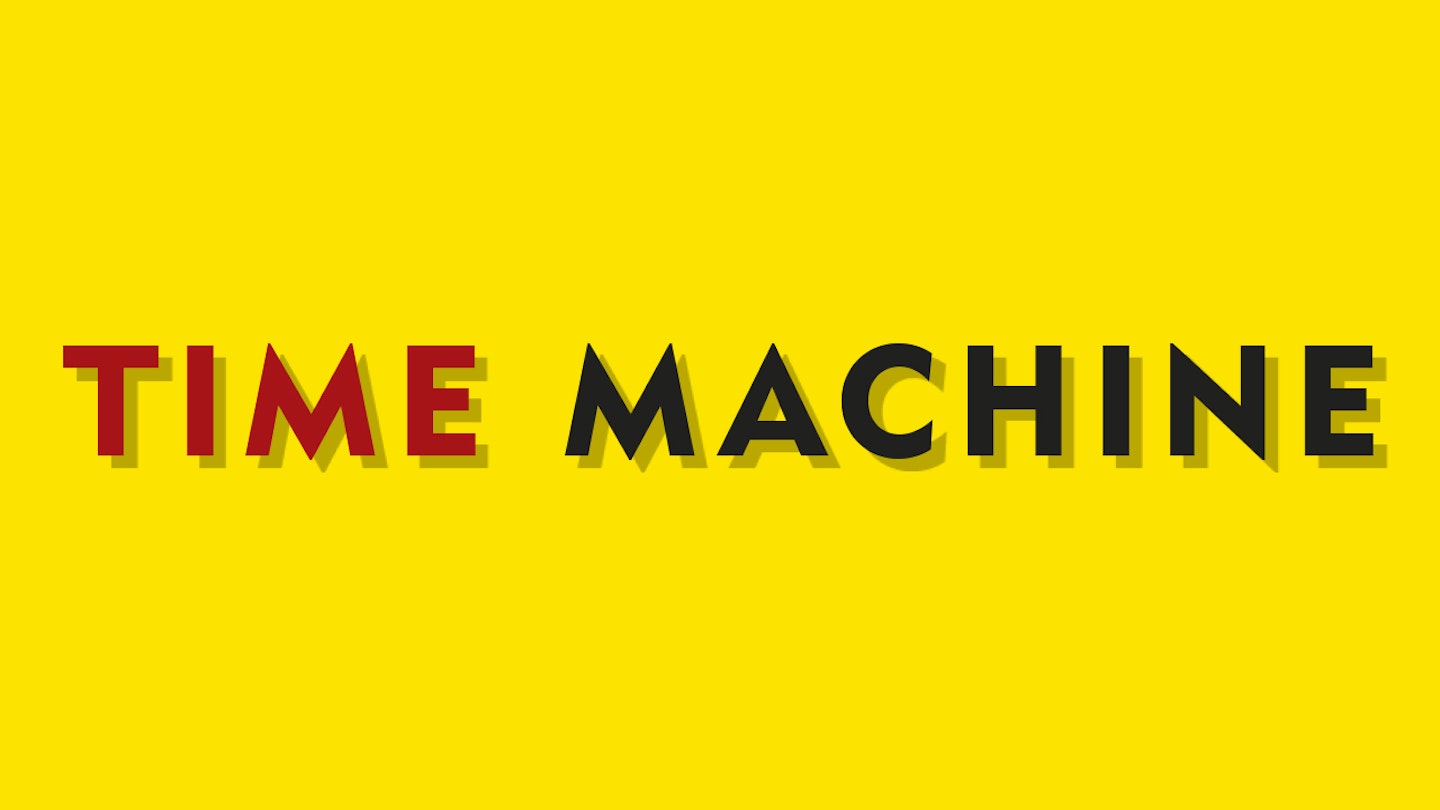10 February, 1972
On February 11 Pink Floyd began playing a concert at Manchester Trade Hall. But the music was terminated after just 25 minutes when the area experienced a power cut. It was a month during which power cuts hit the music industry hard: EMI’s Abbey Road complex was put on a three-day week, while CBS’s factory at Aylesbury had to close for several days. On the 9th, the Heath government had declared a state of emergency amid falling output from the National Grid and the ongoing miners’ strike.
Even so, Stevie Wonder was in London and having fun. On February 5, he turned up at the city’s Imperial College and played drums with Osibisa on one number during their gig there. A couple of days later, he made his way to Oxford Circus, where a recording session had been set up at AIR Studios, a facility high above the shops.
MOJO's Man On The Ground
Your correspondent knows what went down that day because he was invited to attend by Stevie’s manager. It was hardly formal. Musicians sat around chatting, and Stevie relaxed among them for a while and then, quite suddenly, moved into action as various ideas came to mind. The array of helpers was impressive, not least the 22-piece string section that, he claimed, he had borrowed from the BBC. Members of Osibisa, including saxophonist Loughty Amao, were in evidence, along with Malcolm Cecil – once bassist with Blues Incorporated – and Yusuf Rahman, arranger on the Talking Book sessions. Cecil, who had linked with Robert Margouleff to form Tonto’s Expanding Head Band a few years previously, was acting as producer on the AIR dates.
Picture the scene. Stevie listens to a playback then shakes his head as he hears something that doesn’t fit. He’s got the best ears in the room and everyone knows it. A helper takes him back, out of the control room and into the main studio, where he attempts to smooth a problem out.
“Stevie’s right on the button,” Cecil observes. “It’s been a little inaccurate in that spot – but follow Stevie, he’s right there.” Stevie has picked up the song: “Why can’t you love me, the way I love you?” he sings. “Why don’t you need me the way I need you?” The sentiments are simple enough. But Stevie delivers the words in such a manner, filled with such intensity, that they become incredibly moving. Remarkable for a performer who is still only 21.
“‘Can anyone help me up with my stuff?’ Clapton asks.”
A door opens and a face appears. It’s Eric Clapton. “Can anyone help me up with my stuff?” he asks. There’s an immediate volunteer for the task which comprises heading into the road outside and lugging Clapton’s equipment out of his Ferrari. Clapton is there to add his 10 cents’ worth to the sessions. “That’s if there are no power cuts,” he says.
At one point Stevie moves to a piano to demonstrate how he requires a particular figure to be played. Then he’s out front of the strings, clapping his hands and providing a beat. The arrangements are inventive, the brainchild of the woolly-hatted Rahman, who reveals that his past gigs have included charts for the Watts 103rd Street Rhythm Band. The musicians have a break, then head into half-an-hour’s overtime. “It’s OK,” says Cecil. “It’s within our budget.”
Hamburger-Fuelled Sessions
During one break, hamburgers and chips are handed around and Clapton partakes of his share. Tamla label manager Ronnie Fowler ups his popularity rating by supplying booze in adequate quantities. On the floor lies a large pile of tapes, all products of recent Wonder sessions that he’s hauling around. Some will undoubtedly turn up on future releases, others will just be added to the huge backlog of material that Stevie accumulates in his ever-ongoing search for fresh sounds. The labels on the tapes reveal such titles as Black Maybe, Keep Him Like He Is, What Love Has Joined Together, Superwoman, Give This Man A Hand, You Were My First But Not My Last, Trust In Me, and How Blind. There are more.
Wonder talks about his previous work, and how he no longer records in Detroit. “I loved doing all those things in the past,” he says. “I still love them. It’s just that I’m working in a different dimension at the present moment.”
Then Stevie completes the drum parts on the recording session and he and Clapton begin jamming. The session runs to eight o’clock the next morning. There are no power cuts.
